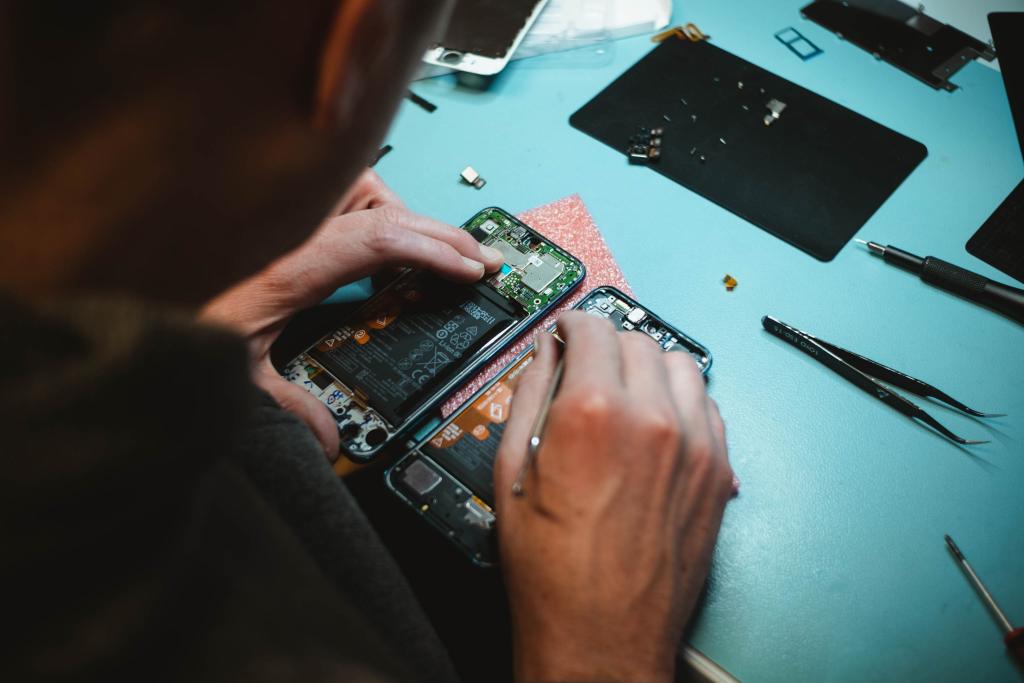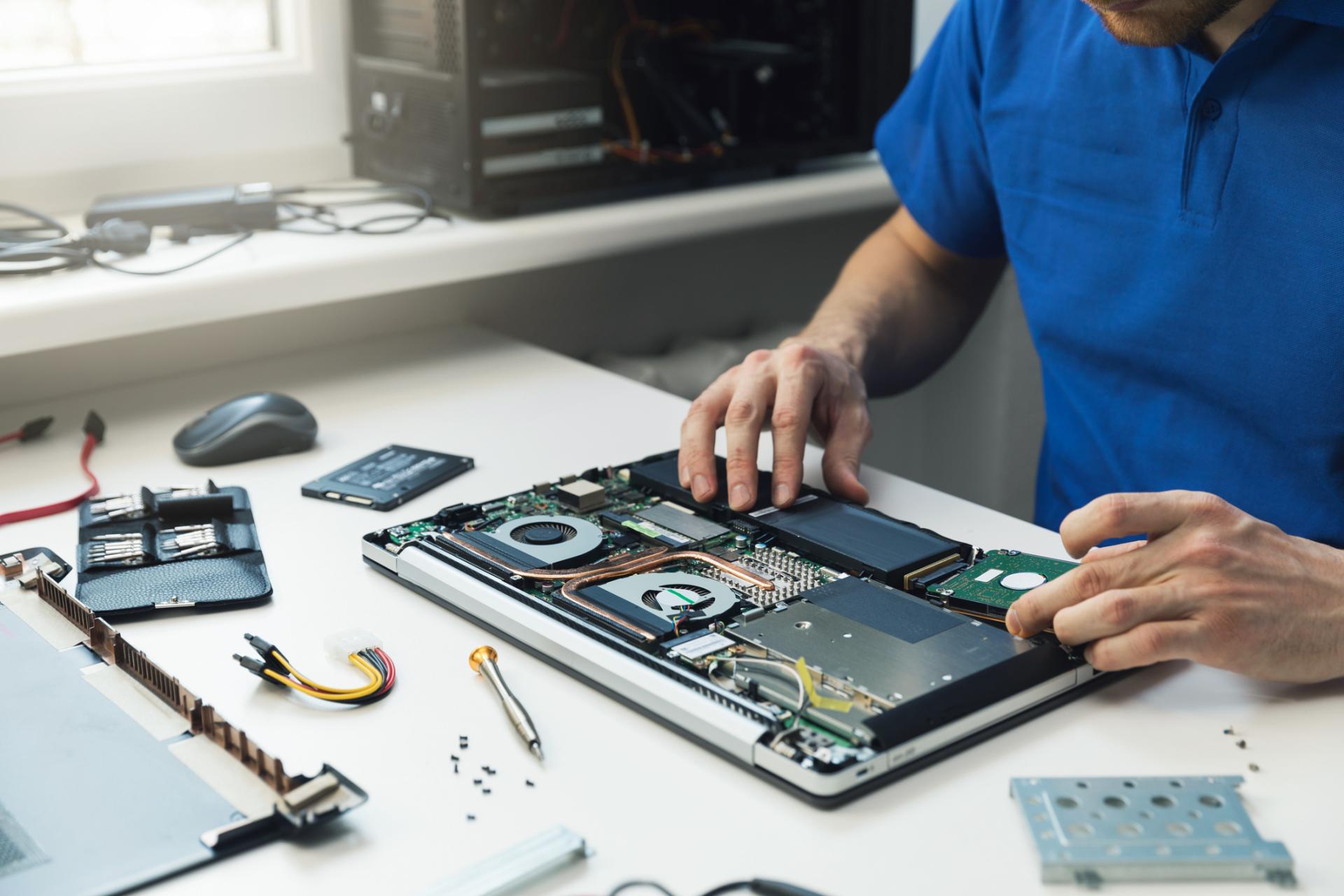In Europe, we spend 12 billion euros each year replacing items that could have been repaired. This not only places a heavy burden on the environment, but also increases our dependence on other countries for raw materials. Promoting repair brings major benefits: 261 million tons of CO₂ reduction, 30 million tons of raw material savings, 35 million tons less waste, and 4.8 billion euros per year in growth and investment (European Commission Research, 2024). Repair extends the lifespan of products, strengthens our strategic autonomy, and reduces environmental impact — whether it concerns (office) furniture, machines, tools, toys, bicycles, or clothing.
The central question: How can businesses, public and educational institutions, NGOs, and consumers promote repair?


